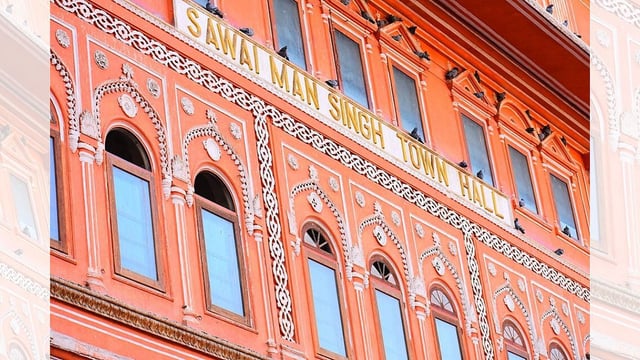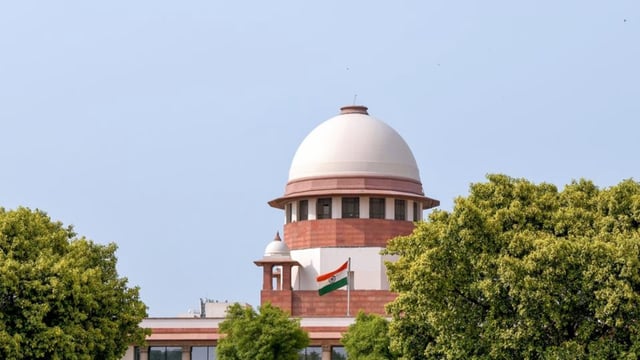Overview
- The Supreme Court on June 2 issued notice to the Rajasthan government after Jaipur royals appealed an April High Court decision that barred their suits under Article 363.
- The apex court directed the state to preserve the current condition of contested heritage sites, including the Town Hall in Jaipur’s walled city, until the matter is resolved.
- Justices Prashant Kumar Mishra and Augustine George Masih postponed the hearing for eight weeks to scrutinize whether constitutional Article 363 prohibits civil courts from adjudicating pre-constitutional princely covenants.
- The Jaipur royal family contends that properties ceded in the 1949 merger agreement ceased official use after 2001 and that the state’s plan to convert the Town Hall into a heritage museum breaches the original covenant.
- Senior Advocate Harish Salve argued the 1949 pact was signed by five princes with the Government of India only as guarantor, challenging the notion that Article 363 shields the state from judicial review.

